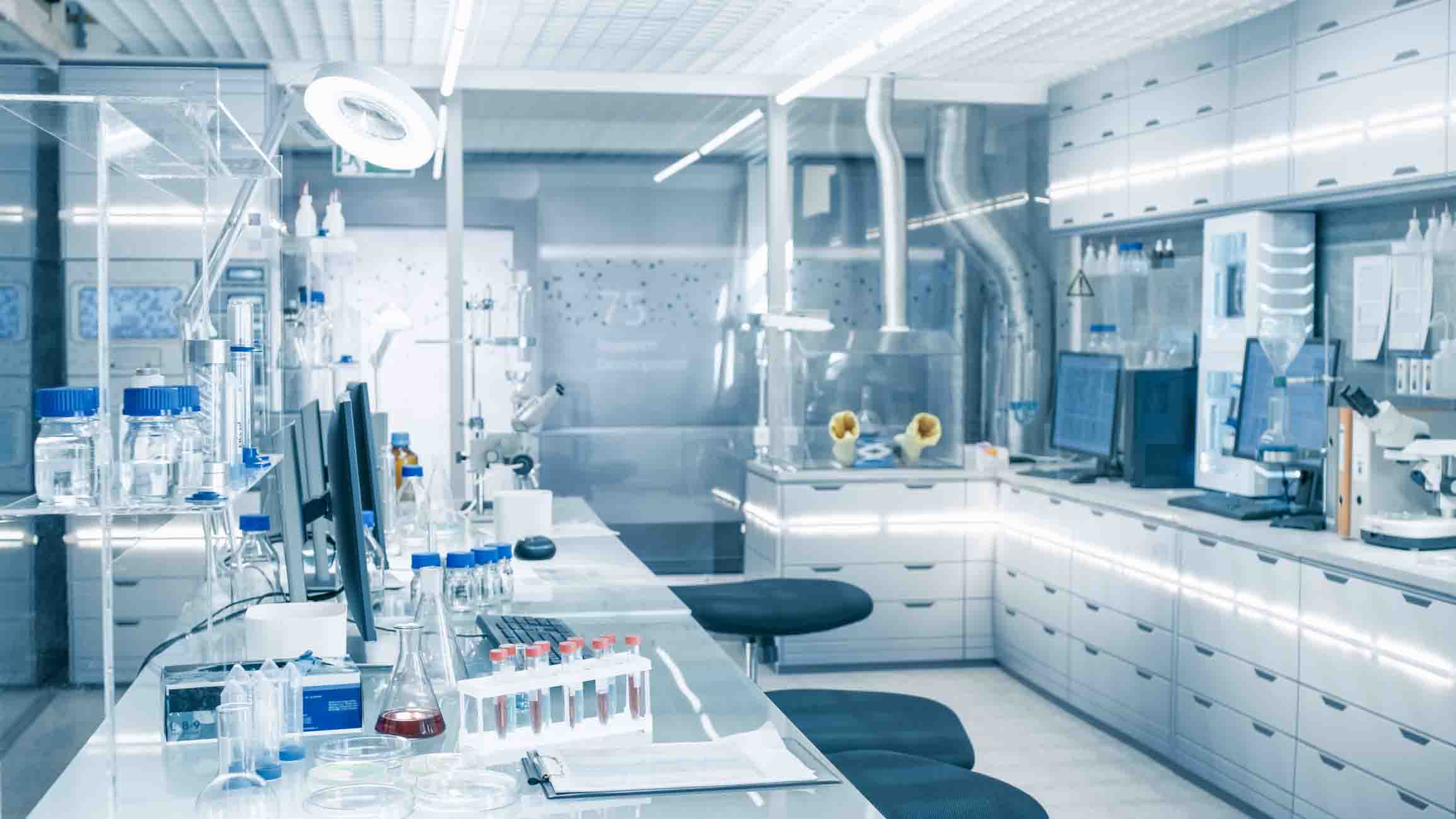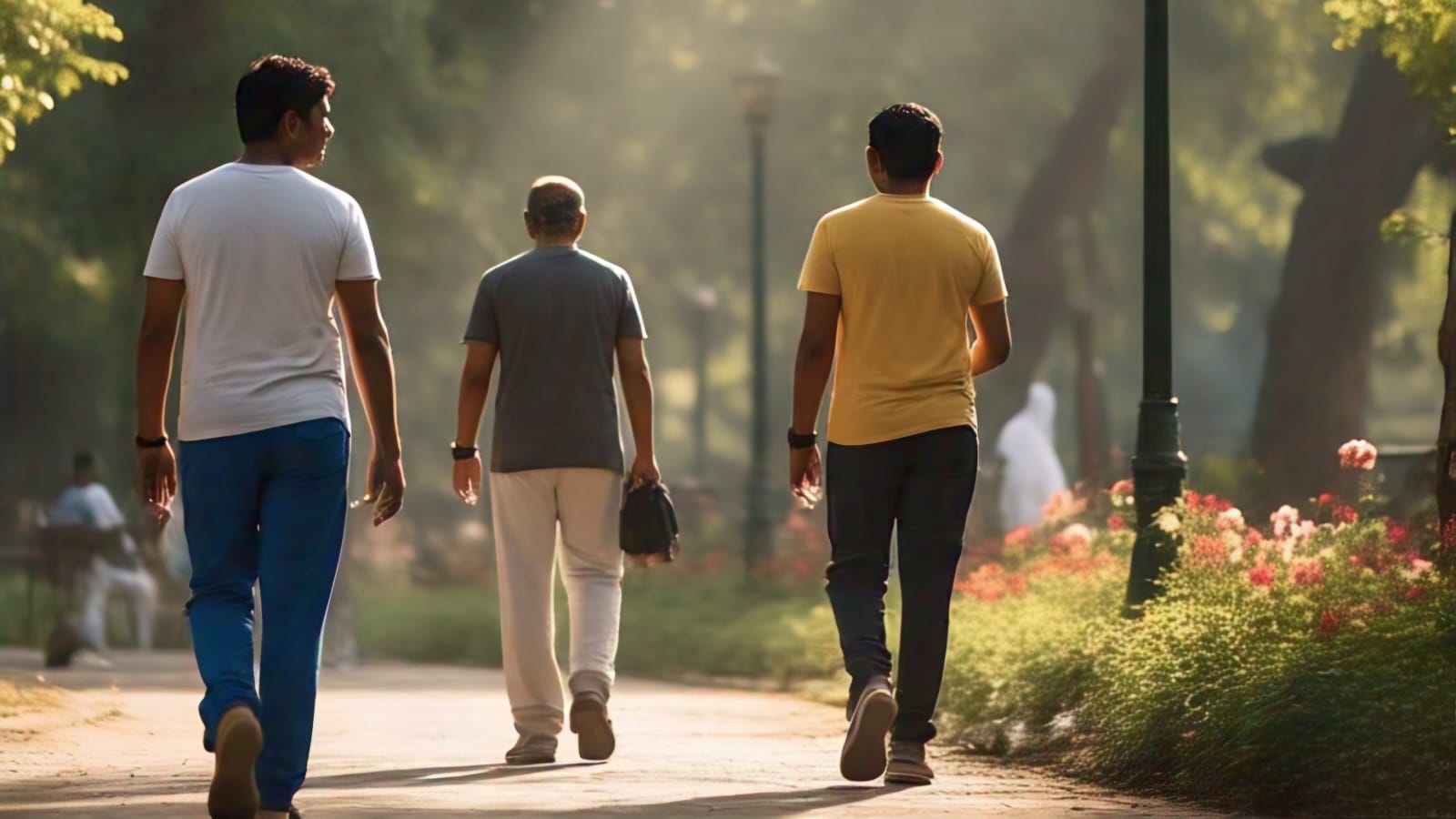The coronavirus pandemic almost certainly originated from an animal, probably at a wildlife market in China, and not from a laboratory leak, a group of virus experts said Wednesday.
Theories about a lab leak are almost all based on coincidence, not hard evidence, the group of 20 top experts from the US, UK, Australia, New Zealand and elsewhere said.
They had been following discussions -- going all the way to the White House -- about the possibility of a laboratory origin of the virus, and worked together to analyze the evidence.
"I think you can make a pretty strong argument that it didn't leak from a lab," Robert Garry, professor of microbiology and immunology at Tulane Medical School and one of the scientists who signed the paper, told CNN.The experts lay out the published evidence in a pre-print review posted online.
It is signed by some of the leading experts in coronaviruses and the genetics of viruses, including Kristian Andersen of The Scripps Research Institute in La Jolla, California; evolutionary biologist Michael Worobey of the University of Arizona; Andrew Rambaut of the Institute of Evolutionary Biology at the University of Edinburgh; Stephen Goldstein of the Department of Human Genetics at the University of Utah; Angela Rasmussen of the University of Saskatchewan; Joel Wertheim of the University of California, San Diego; and Jeremy Farrar of Britain's Wellcome Trust.
Many have done their own investigations into the possible origin of the SARS-CoV-2 coronavirus.
"We contend that there is a substantial body of scientific evidence supporting a zoonotic (animal) origin for SARS-CoV-2," they wrote.
"There is currently no evidence that SARS-CoV-2 has a laboratory origin. There is no evidence that any early cases had any connection to the Wuhan Institute of Virology (WIV), in contrast to the clear epidemiological links to animal markets in Wuhan, nor evidence that the Wuhan Institute of Virology possessed or worked on a progenitor of SARS-CoV-2 prior to the pandemic," they added.
"The suspicion that SARS-CoV-2 might have a laboratory origin stems from the coincidence that it was first detected in a city that houses a major virological laboratory that studies coronaviruses."
But it's not a surprise that a new virus might emerge in Wuhan, they noted.
"Wuhan is the largest city in central China with multiple animal markets and is a major hub for travel and commerce, well connected to other areas both within China and internationally," they wrote.
"The link to Wuhan, therefore, more likely reflects the fact that pathogens often require heavily populated areas to become established."
Garry and colleagues also say it is "extremely unlikely" that the lab was working on a virus of natural origin that accidentally leaked out. "You have to have an unlikely set of circumstances in place for something like that to happen. If it was a person at the lab, then how did it get to all the animal markets?" Garry asked. "There are other, much more likely ways that this virus got into the human population. Just like SARS 1, it happened the same way with SARS 2."
https://edition.cnn.com/2021/07/07/health/origins-coronavirus-letter-virologists-scn/index.html

 Experts trash lab leak theory
Experts trash lab leak theory 





.jpg)














.jpeg)

.jpeg)






.jpeg)










.jpg)